Ardern’s attack dog Chris Hipkins needs to show gravitas of a leader for New Zealand
New Zealanders are getting used to a new political reality, one in which the central player is now a middle-age white man nicknamed ‘Chippy.’
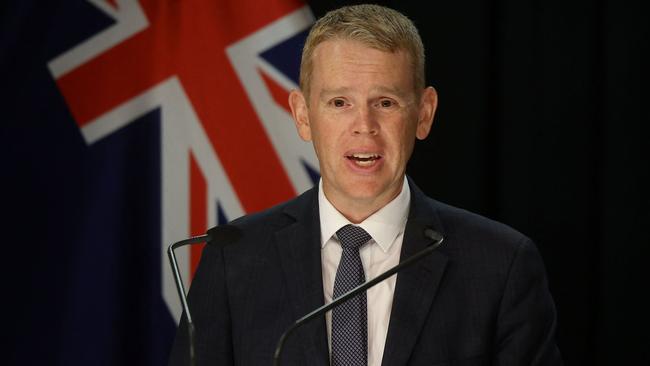
The earnest and youthful – somewhat Tintin-esque – appearance of New Zealand’s incoming prime minister belies his tough, steely and sometimes abrasive political interior.
New Zealanders are getting used to a new political reality, one in which the central player is now a middle-age white man named Chris Hipkins.
Hipkins, 44, nicknamed “Chippy”, took the country’s helm on Sunday as its newest Labour prime minister after being appointed by his caucus to succeed Jacinda Ardern, whose sudden announcement on Thursday that she would resign jolted the nation.
Under Ardern, Labour fell easily into the trap of individualising the party, a mistake that has felled many a new leader during and after the transition to power.
Ardern personified Labour, and its political fortunes were acutely linked to her status and popularity. Stepping into the breech and shifting perceptions will be a challenge for Hipkins, He has to favourably imprint upon the electorate and do it quickly as the October 14 election looms.
Trying to stop him from doing so successful is 52-year old opposition National Party leader Christopher Luxon.
Voters have been steadily losing faith in Labour, allowing Luxon’s centre-right party to be well-positioned to win come mid-October. Certainly, the still popular Ardern leaving the field has helped Luxon’s cause.
Although they share gender, age-bracket and first name, the two party leaders will quickly seek to draw clear distinctions between each other.
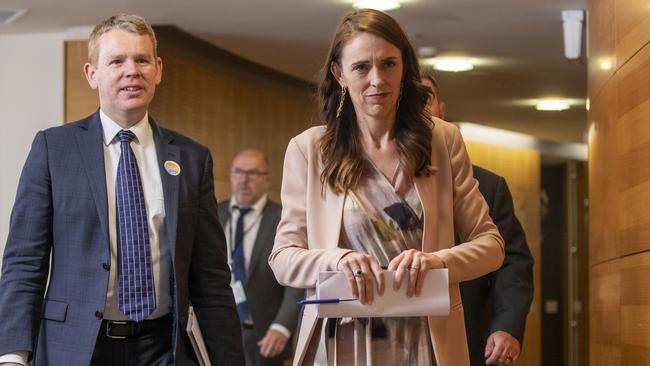
That effort will likely see Hipkins employ a more combative form of politics than practised by Ardern, whose political identity was heavily invested in kindness and empathy. As senior minister under Ardern, Hipkins was often unleased to attack political opponents with sharper elbows and a more vigorous defence of policy than his then-leader cared to offer.
Sifting public perceptions from attack dog to prime minister is difficult. Hipkins will need to work hard to demonstrate the sort of gravitas that is demanded of the top job.
Having been in parliament since 2008, Hipkins is a seasoned policy practitioner with practised political skills. This led him to becoming a Mr Fixit over recent years where he was tasked to right the ship in a number of vital yet troublesome portfolios: police, health and the country’s Covid-19 response among them.
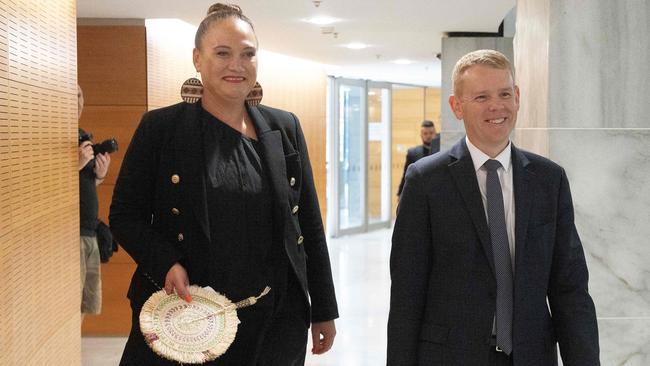
Luxon does not appear to have the same arsenal of professional skills as Hipkins, bound to the fact that he is a newcomer to politics after entering parliament just three years ago. His expeditious rise showed some political nous and his own version of combativeness, and those will be sorely tested by his new opponent.
After all, Luxon at times has proven inelegant in policy discourse and ungainly under media questioning.
Things will need to charge for Labour under Hipkins. Sameness is not in the best interests of the government, not least because Labour needs a circuit-breaker to arrest and reverse its present polling struggles.
Hipkins needs to do something differently and do it quickly. The most obvious move would be to reset the party closer to the centre of New Zealand politics. This will set the stage for a brutal fight with National.
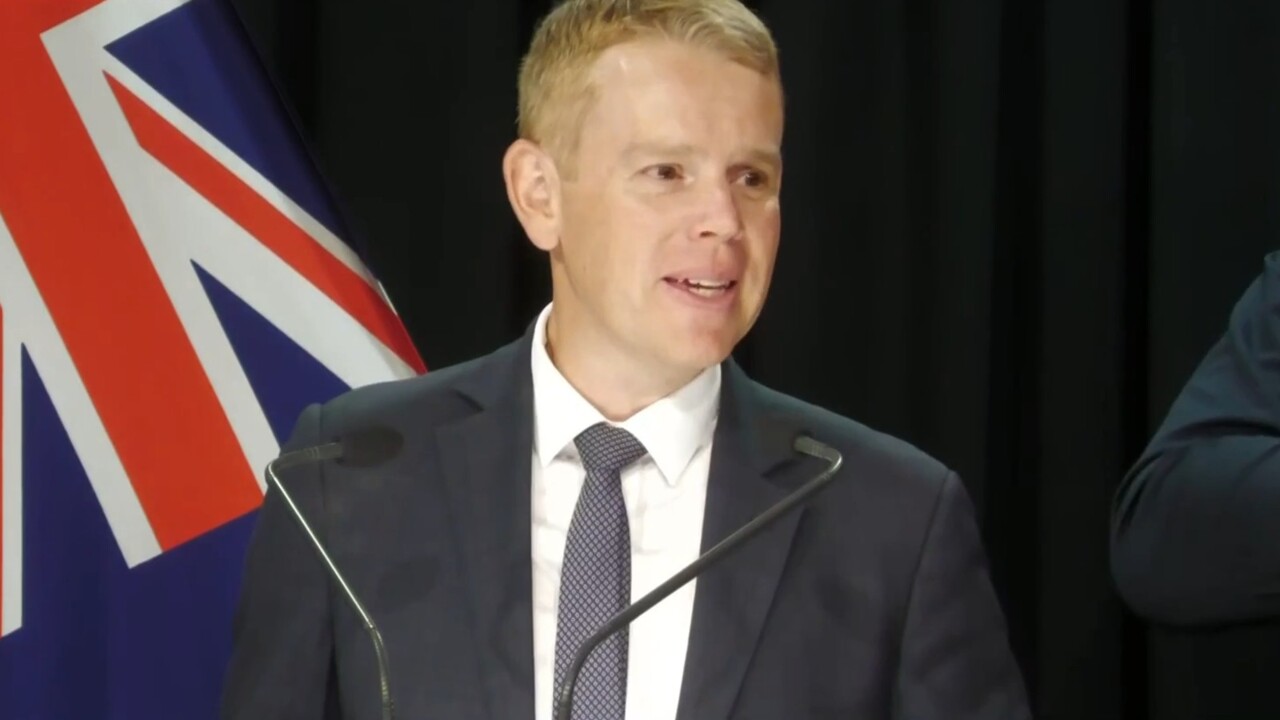
Being of the right of his party, Hipkins will likely adopt positions that will edge his party to more that voter-rich centre. On law and order, for instance, Hipkins is expected to issue tougher orders, as he has done before, to curb rising crime rates – a critical issue for voters. By doing so, he will also issue a direct challenge to Luxon, who has placed much political currency on National’s strict law-and-order platform.
Hipkins’ supporters seem to think this is entirely doable. They speak of his innate ability to tap into the desire and values of the average voter, which really means the moderate voter. With National having the right of the political spectrum well-tended, the party believes that under Luxon the centre ground can also be theirs for the taking as John Key did during his 2008-2016 premiership.
Hipkins will contest this notion and will seek to claw back from National those moderate voters who in growing numbers felt disenfranchised by the more progressive and woke-ish tendencies of the Ardern government.
This will be the critical contest, for the elections in New Zealand are typically fought – and won – from the middle out.
This is not to say, however, that Hipkins will completely discharge progressive policies. He is only leader by the grace of Labour’s Left and he can’t afford to alienate it nor its supporters. Progressive language will not, therefore, likely be wholly struck from his playbook. Rather, he will look to balance them with more pragmatic language and intent.
Hipkins has already announced he may drop some of the more controversial polices, such as those around co-governance with powerful Maori tribes and the consolidation of the country’s media landscape. Expect Luxon to nonetheless hold Hipkins accountable for those policies in an attempt to paint him as being simply more of the same as the Ardern-led government.
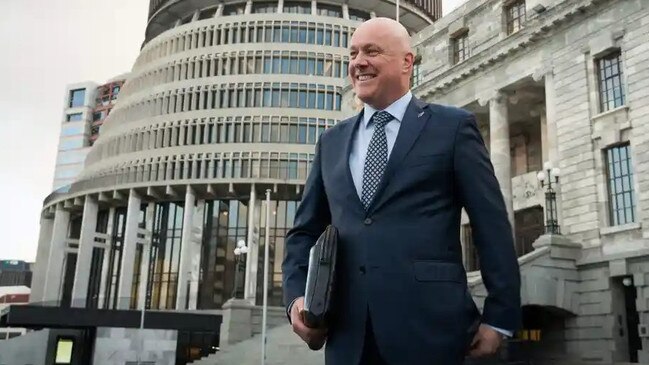
Luxon, former chief executive of Air New Zealand, will also lean heavily into his bonafides as an economic manager as the nation moves toward a recession and continues to be embroiled in a cost-of-living crisis that he will accuse Hipkins and his party of letting happen under their watch. This will be hard for Hipkins to deflect and defend, and it could be instrumental in the election outcome.
Speaking of judgment, on which many a leader is measured and has fallen short, this is a vulnerability for Hipkins. He has a history of lapses in judgment that while not calamitous, certainly undermine his reputation as an honest broker and safe pair of hands. It is an area that Luxon could seize upon to chip away at his opponent’s prime ministerial credibility.
For Australians, one instance jumps out, for it speaks to Hipkins’ foreign policy instincts and understanding of the established diplomatic principle of non-interference in the domestic political affairs of another country. Crucial for any world leader.
In 2017, he was admonished by Ardern for his role in outing then deputy prime minister Barnaby Joyce as a dual citizen, the discovery of which led to Joyce’s resignation.
Indeed, Hipkins will need to lift his game on trans-Tasman relations following another incident four years later where he lashed Australia of “exporting its rubbish” to New Zealand in reference to Canberra’s 501 policy of expatriating criminals to their country of birth.
These actions are hardly the stuff of a prime minister, and the challenges now facing Hipkins will be to show that he has the gravitas and sensibilities to lead, whereas Luxon will charge the opposite.
Game on.
Craig Greaves is a NZ-based writer who spent nearly a decade working for the US State Department advising on NZ foreign policy and politics.






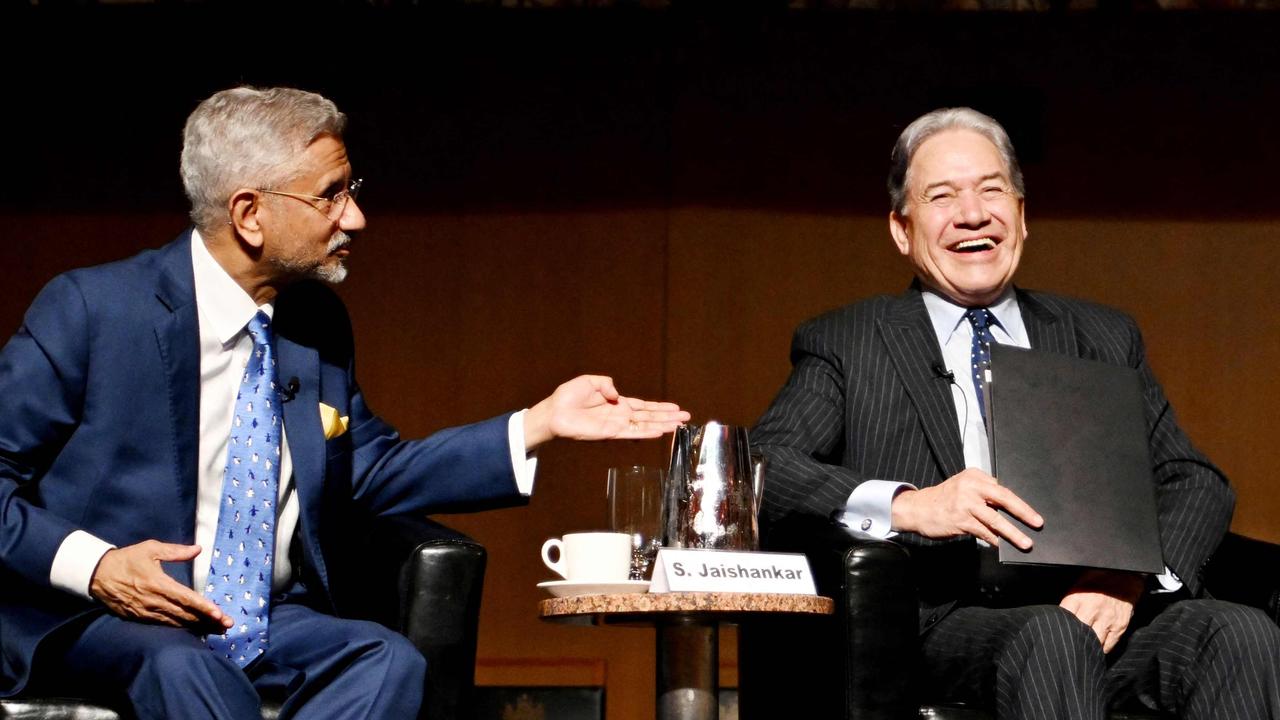
To join the conversation, please log in. Don't have an account? Register
Join the conversation, you are commenting as Logout